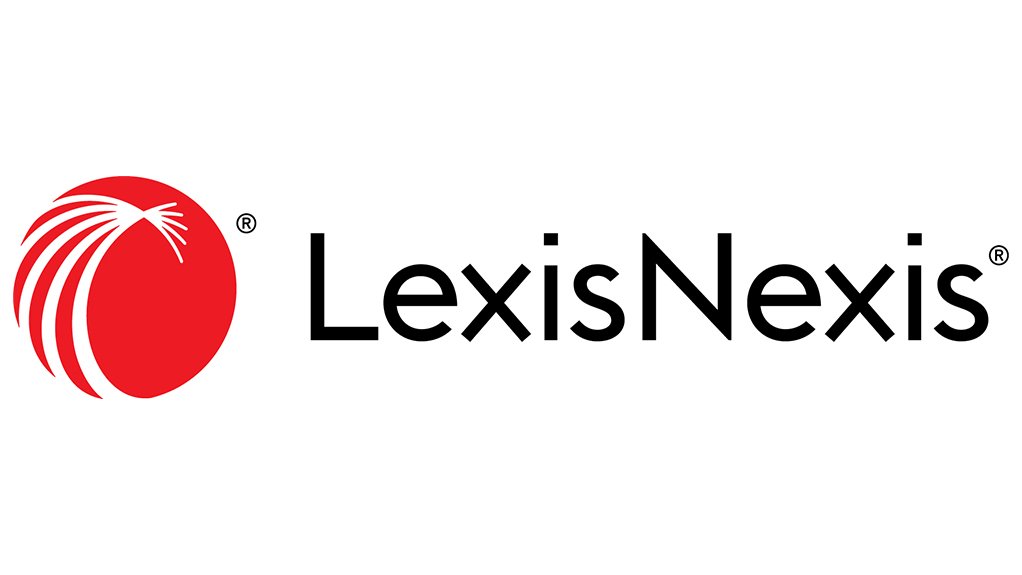The world is awash with data and has officially entered the Zettabyte era[1]. Hundreds of billions of emails are sent/received on a daily basis and it has been calculated that more than 97% of business documents are created electronically. South Africa is not immune nor exempt from the digital revolution. In short, the very nature of what constitutes information and documentary evidence, types and sources, and how they are dealt with has changed.
eDiscovery is right here right now
It is against this backdrop that the publication of A Guide to eDiscovery in South Africa by Terry Harrison and Ismail Hussain SC,[2] will prove to be invaluable in answering the question, “How can South African lawyers understand and embrace electronic documents and deal with their discovery in the 21st century?”
Are you ready for the next legal frontier? Download the free e-guide eDiscovery Guidelines for Litigators here.
The digital legal age is filled with technical jargon and the book contains a Glossary of Terms as an invaluable reference guide for South African practitioners.
What is eDiscovery?
“It refers to the retrieval of materials originating from a computer and it extends beyond computer files to encompass the analysis, gathering, processing, review and production of discovery materials in electronic format from start to finish. The basic principle is that information which is stored, used or transmitted in electronic form should be available through discovery with the same openness as traditional forms.”[3]
In achieving the “retrieval of materials” it is necessary to consider as a background the benefits of using eDiscovery technologies and the different steps in the practice of eDiscovery. Litigation and database solutions – eDiscovery software solutions, Technology-Assisted Review (TAR) and working with service providers also need to be understood.
The book explains in practical understandable language the reasons for the need for eDiscovery and the many features of eDiscovery technology.
The links between cross-border litigation and data protection and privacy in the context of the Protection of Personal Information Act, No. 4 of 2013, the General Data Protection Regulation (GDPR) of the European Union[4] and applicable legislation in the USA are also discussed and explained, as is the practical relevance of Social Media to eDiscovery and communications on portable devices such as cell phones.
Practical application
Turning to the practical application of eDiscovery and case management, rule 35 of the Uniform Rules applies, even if documents are produced and stored electronically. What changes however is how lawyers cope with the large volumes of data and discover electronic documents. Choosing and working with eDiscovery service providers is explained in practical detail.
Evolution not revolution
Case management, ‘document bombing’ as a strategy, and the application of the principles of relevance, proportionality and co-operation in eDiscovery are all discussed in the book. Electronic documents are dynamic and volatile, yet evidentially more reliable than their paper counterparts because of the capturing of the all-important metadata.[5]
The globally acknowledged best practices surrounding actual process of eDiscovery (collection, processing, review and production of documents stored in electronic format) are explained in practical detail.
Metadata tells you Who Knew What When
Demanded by corporates and driven by practitioners
A central theme to developments in the UK has been the necessity for practitioners to take an active role in developing and applying eDiscovery in the interests of efficiency and reduced costs – all leveraged off technological developments – from litigation databases in the cloud to TAR. The book highlights important decided cases from around the world.
Highest cost of a case is the review of documents
Rules of civil procedure need to be changed
South Africa is one of the last common-law jurisdictions in the world not to have eDiscovery as part of its rules, which is concerning given the implication for business and commerce. The Uniform Rules therefore need to be amended to incorporate eDiscovery. To this end one of the authors drafted a practical Protocol for discovery of electronic documents and submitted it to the Rules Board. It covers inter alia:[6] General principles, Case Management Conference, Listing and exchange, Presenting documents at trial, and a Listing and exchange protocol.
Possibly the most important recent development for eDiscovery in South Africa has been the publication of Discussion Paper 150 on 10 September 2020 by the South African Law Reform Commission into Investigation into legal fees – Including access to justice and other interventions. Here, under the section Insufficient use of e-discovery it is noted that:
“The general approach in South Africa seems to be that electronic documents are printed for purposes of discovery. This is inefficient, and it causes valuable information to be neglected, resulting in increased legal costs.”[7]
A sufficient reason indeed for both the wider adoption by the legal fraternity of eDiscovery, and for South Africa to incorporate the practice of eDiscovery into our rules of civil procedure.
“A Guide to eDiscovery in South Africa” is a must read. (ISBN 9780639012629)
Looking for added support to face this next legal frontier? Don’t miss the free e-guide eDiscovery Guidelines for Litigators here.
Written by John de Villiers, Editor of Lexis Digest
EMAIL THIS ARTICLE SAVE THIS ARTICLE ARTICLE ENQUIRY
To subscribe email subscriptions@creamermedia.co.za or click here
To advertise email advertising@creamermedia.co.za or click here











